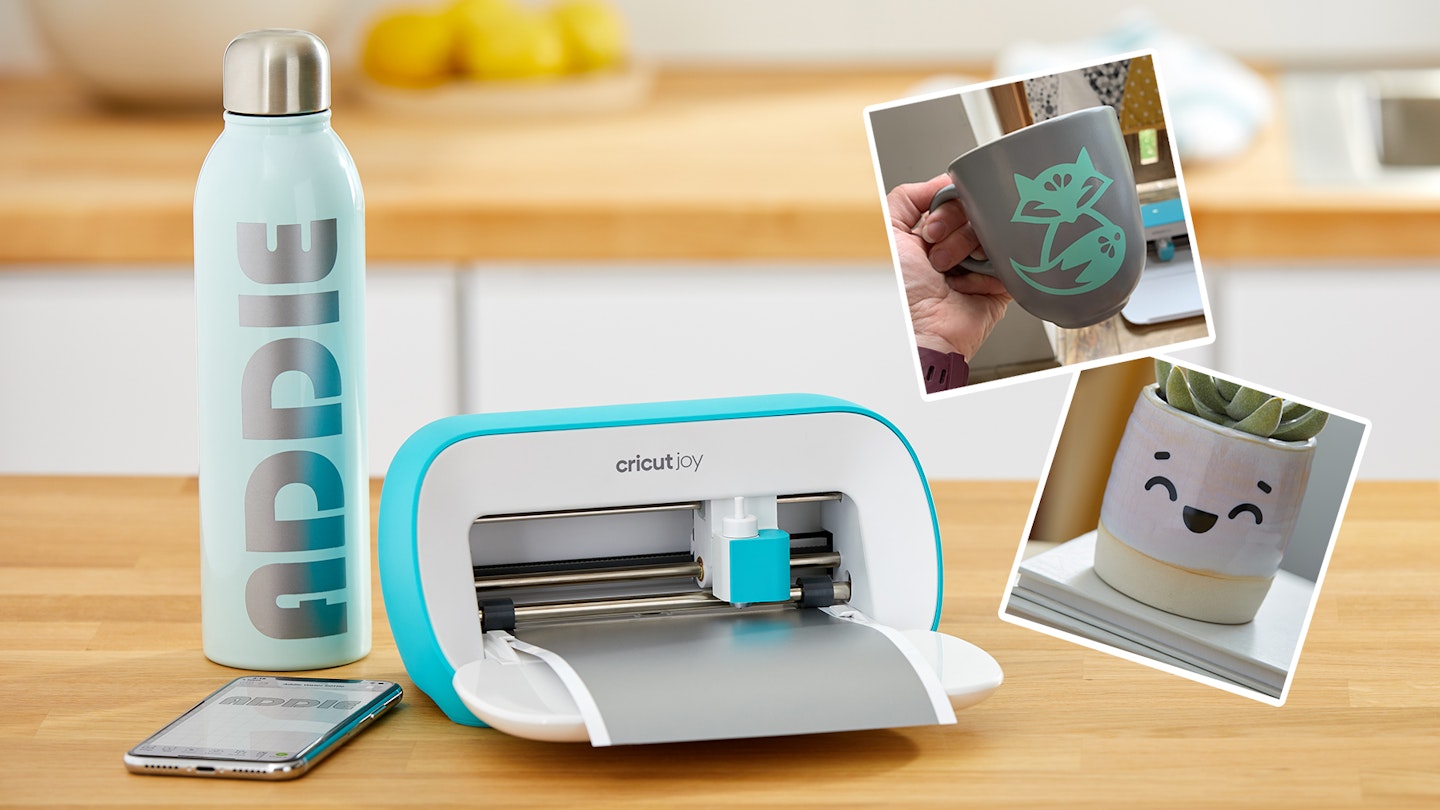Having been inspired by Stacey Solomon’s amazing organisational skills, labelling everything in her house that doesn’t move for five seconds, I was excited to try out the Cricut Joy machine and see what this labelling craft was all about.
I’ve been a crafter for years but generally, I work with fabrics – sewing, patchworking, and quilting. But I have been known to turn my hand to paper crafts, making Christmas cards, and trying out quilling and scrapbooking. The idea of cutting customised labels, cards, embellishments and much more sounded fascinating.
Related: Cricut Maker 3 review
The Cricut Joy is the most compact of the Cricut machines, and deliberately so – it’s aimed at beginners who are exploring new crafts. With the lockdown seeing more and more people turning their hands to homemade crafts and hobbies, it’s no wonder this little machine has risen in popularity quite suddenly.
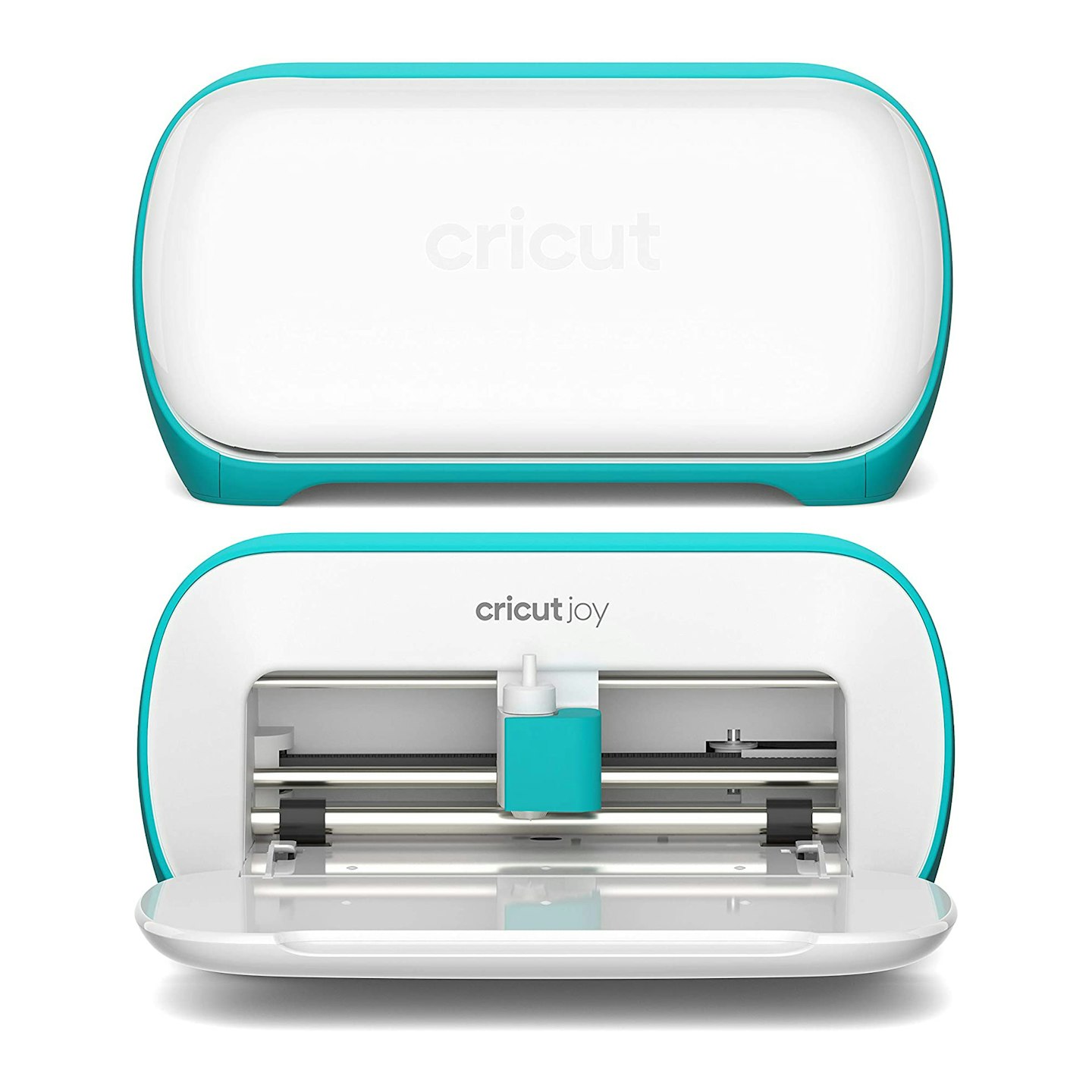
cricut.com
And it seems hand-crafting gifts is here to stay - Cricut recently surveyed more than 6,000 of its customers, and a massive 97% of respondents said they’d continue to make products instead of buying them from a shop even once lockdown is over.
What is the Cricut Joy?
The Cricut Joy is a compact precise cutting machine, designed for crafting - papercraft, vinyl stickers, labels, iron-ons, wall decals, and more.
It has a tiny, very sharp, precision blade that can cut paper, card, vinyl, labels, and other materials. You can also use Cricut pens to write on materials too.
The possibilities are endless, but here are some of the most popular projects you can create using your machine:
Greetings cards
Labels (think kitchen jars)
Iron-on designs for clothing
Vinyl stickers for personalising mugs and water bottles
Decals for bedroom walls
How do you use it?
When you get your Cricut Joy machine, you need to download a corresponding app on your phone to help you design and use the system properly. There are more than 130,000 images on the system to choose from, with thousands of designs of cards, labels, and much more. There are always lots of free images to choose from, but most of them you pay for to download and use. Signing up to Cricut Access means you pay a monthly free of £7.49 and you get access to everything, rather than paying as you go. It works out really affordable if you’re using your machine a lot.
Load up the app, either on your phone or on the desktop version, then choose your design, or create your own. Follow the instructions on screen and customise it as much as you want using the Design Space.
Load up your machine with material (whether that's card, paper, vinyl, or otherwise), click 'Go' on the app, then watch the machine cut or write your design.
When it's finished cutting or writing, unload the material, and depending on your design, you'll probably have to use a tool to finish your creation. If it's a card, use the tools to take away any sections; if it's vinyl, you'll need the scraper and some transfer tape to get your design attached to your item's surface (such as a mug).
It can be fiddly and detailed to complete the design using the tools, but you get better with practise.
What did I make with the Cricut Joy?
I have made several greetings cards, vinyl stickers (for mugs and my toddler’s step) and several labels for kitchen jars and pots. Most of them have been easy to achieve, although I haven’t yet got the hang of cutting labels and using the Cricut pens to write designs on them. But, practise makes perfect.
Would I recommend the Cricut Joy?
Yes, absolutely. If you want to try a new hobby, love creating designs and personalising your belongings, then this is for you.
It’s easy to get the hang of, but also there are lots of levels of expertise to work your way through.
One piece of advice is not to try to run before you can walk. Don’t attempt the really complicated designs until you’ve got some practise in – it’s easy to try too much too soon, then lose confidence because it’s too intricate and you don’t have the experience yet.
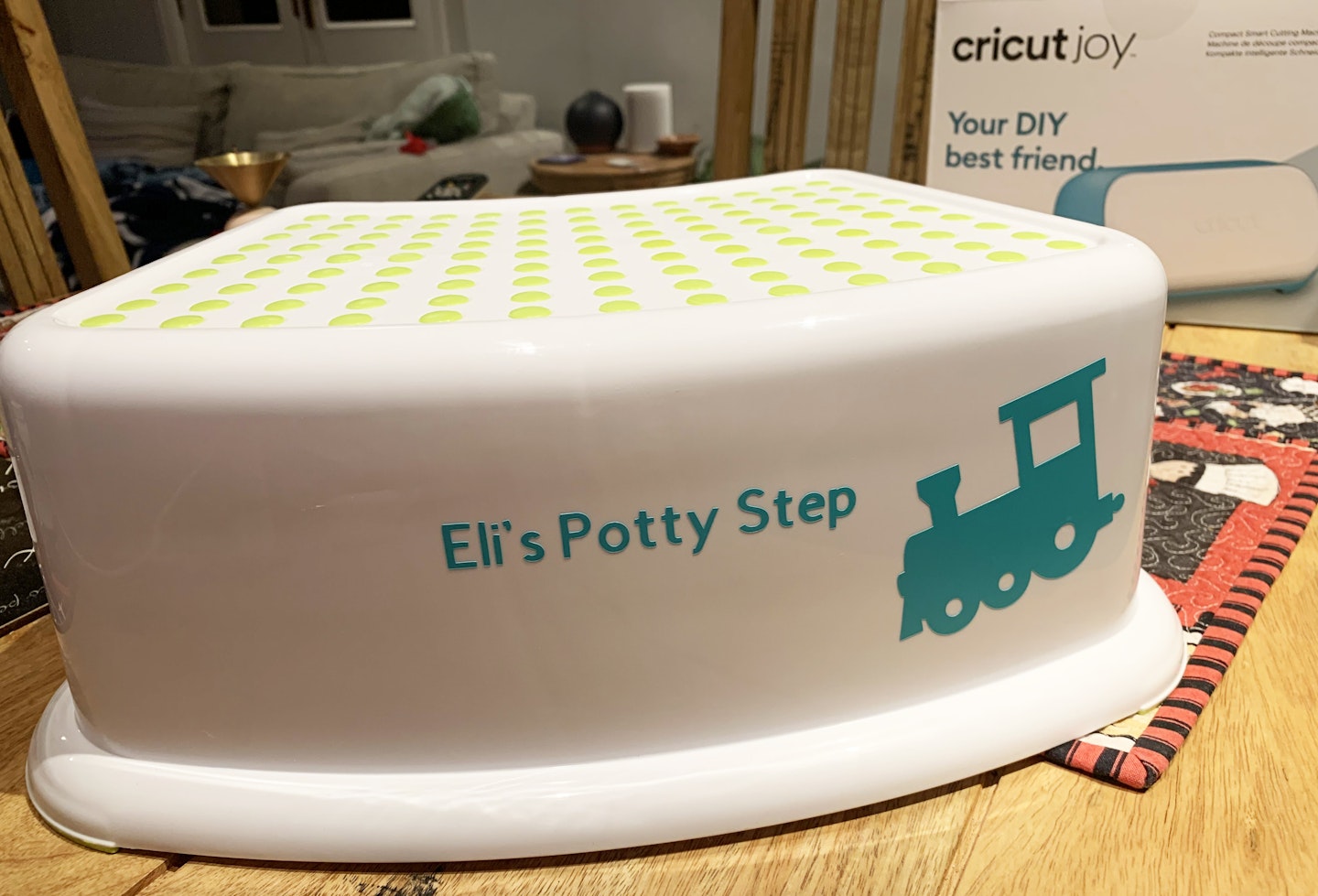
Are there any downsides?
I did notice how much wastage there was – bits of vinyl leftover after you’ve cut your design out, and lots of bits of backing paper. I would like to know more about how recyclable all the waste is, and how sustainable the gear is. Being eco-friendly is important to me, and one of the reasons I love patchworking, as you’re making new items out of old, worn-out bits of fabric a lot of the time. Customising and upcycling is a great part of this hobby, though – using iron-on details for old jumpers to give them new life, and bringing belongings back to life with a new vinyl design.
It’s also not the cheapest hobby to take up – there is a lot of gear you need, in terms of all the materials, vinyl, labels and more – but, it’s great that you’re adding them to stuff you already own. Plus, signing up to Cricut Access saves you lots of money if you’re downloading designs, so it’s worth thinking about.
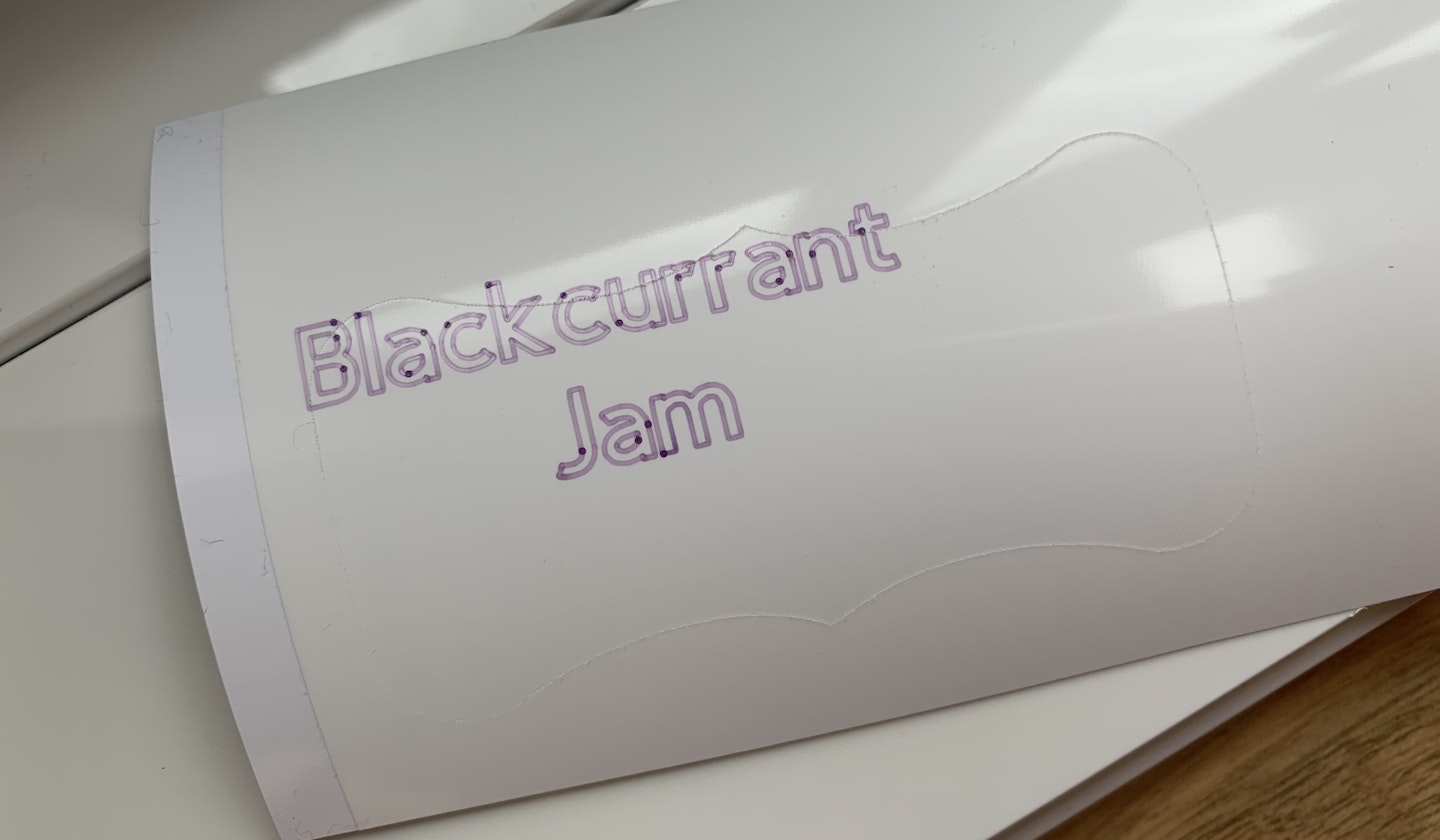
The details
Cuts one image up to 4.5 inches wide and 4 feet long or repeated cuts up to 20 feet long.
Bluetooth built-in.
Easy-to-learn Design Space app for desktop, iOS & Android.
Flexibility to upload your own designs.
Comes with 50 free projects online
Max material width 5.5 in
Weight: 3.85 lbs (1.75 kg)
Related: The best vinyl label makers
The Cricut essentials you'll need
 1 of 3
1 of 3Cricut Joy
Make your own labels for jars, drawers, and everything else with a Cricut Joy cutting machine. It's small enough to keep in a drawer and will let you personalise everything in your house just like Clea and Jonna do on the show.
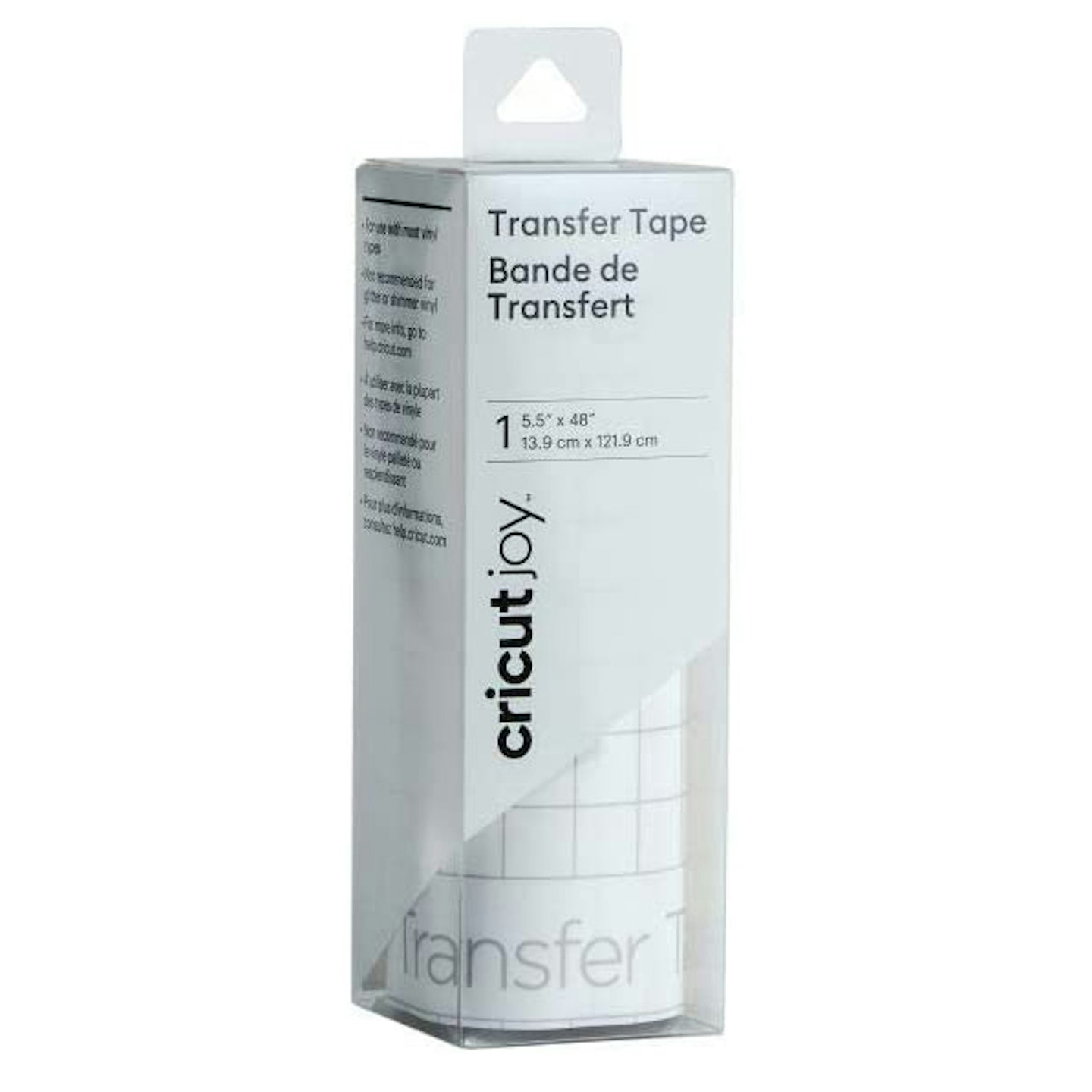 2 of 3
2 of 3Cricut Transfer Tape
A must if you're creating vinyl stickers - use this transfer tape to properly attach your sticker on to whatever surface you're decorating.
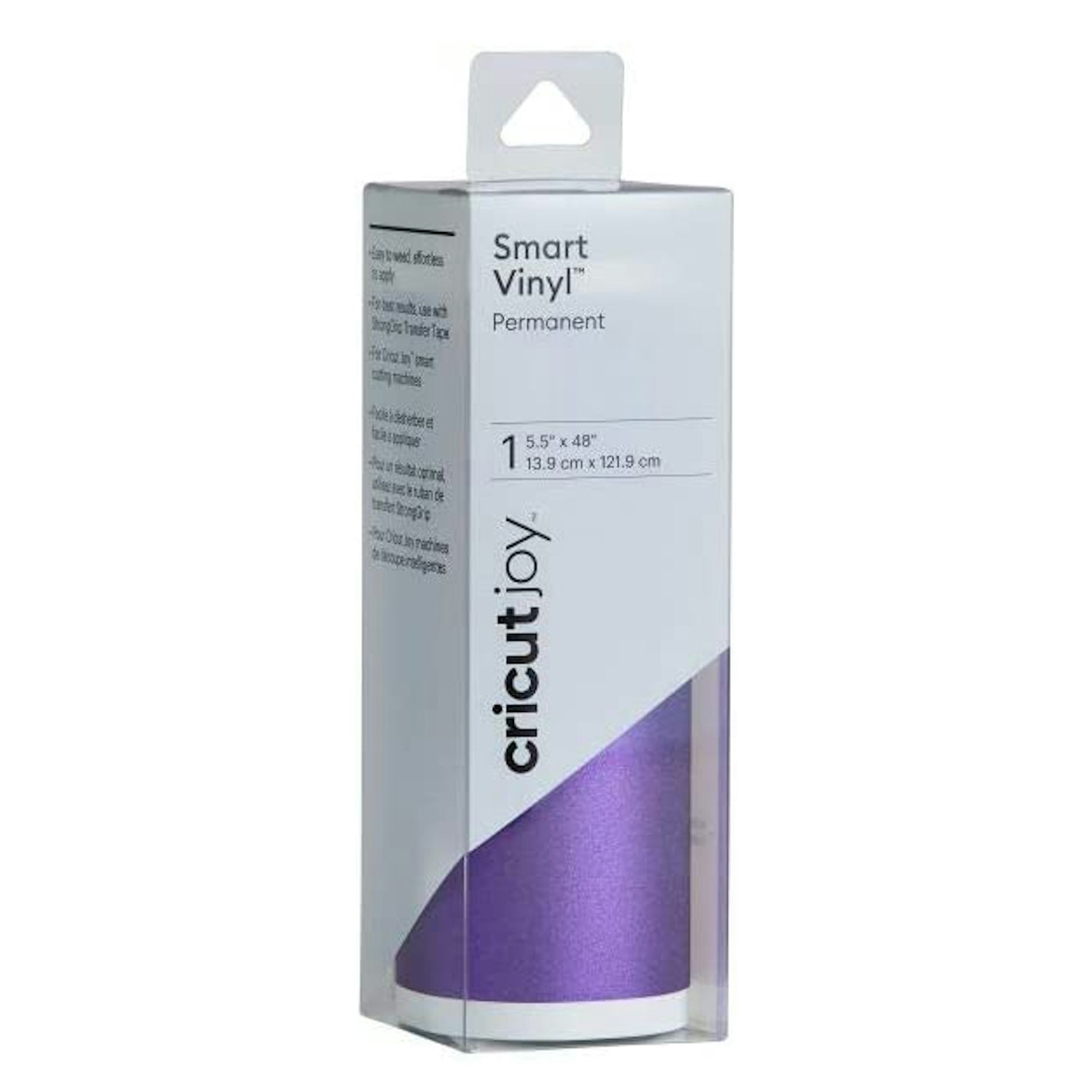 3 of 3
3 of 3Cricut Smart Vinyl, Permanent Shimmer Purple
The Smart Vinyl for stickers comes in a wide range of colours, and you can choose from permanent or removable if you want to be able to change things up at a later date.
